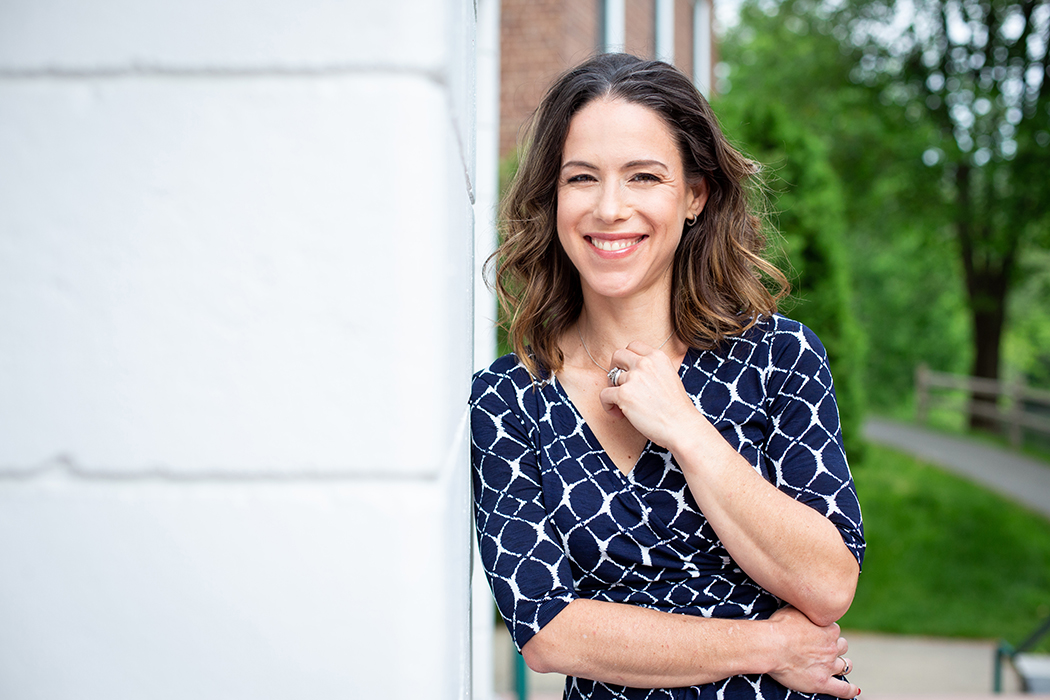Landmark study of same-sex adoption at 15 years (and counting)
Abbie Goldberg, professor of psychology at Clark University, began her research into same-sex parenting while still a graduate student in the late 1990s, after she discovered that the existing research on parenthood was confined to heterosexual partners and their biological children.
“I was interested in other kinds of families that I saw in my network and in my community — lesbian couples who had adopted children, gay couples who use surrogacy or who adopted,” she recalls.
Goldberg would go on to launch a study that looks at commonly held assumptions about the things that make for a stable and emotionally healthy family. Those notions have evolved over time thanks to landmark legal decisions, she says, including with the 2015 Supreme Court ruling allowing same-sex marriage. In her research, she’s interviewed couples before and after they adopted a child, and she’s now interviewing their children. At 15 years and counting, it’s one of the longest ongoing studies of its kind on adoption by same-sex couples.

“The big challenge has continued to be discrimination in the family-building sort of institutions like the medical system and the adoption system, and all the individuals who play a role there,” she says. “The person who’s writing up your home study for adoption [may be using] language [that is] implicitly discriminating or that paints a couple in a negative light.
“As we continue to see a lot of political and social unrest, these concerns remain. There seems to be a low level of anxiety for folks that has become more amplified in certain states, in certain communities, and in certain areas of the country where rights may feel more tenuous right now.”
Goldberg also is conducting research on the issues facing trans youth, an area of study subject to “continual pushback” from some in the public. She’s discovered a lack of understanding surrounding the unique needs of trans and gender-diverse college students, and investigating ways higher education institutions can be more adaptive and inclusive.
“I think as trans students have become more visible and there is more support, we’ve seen things changing,” she says. “But [those things] could always be different and they could always be better.”


